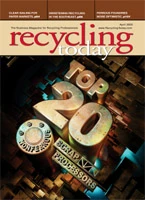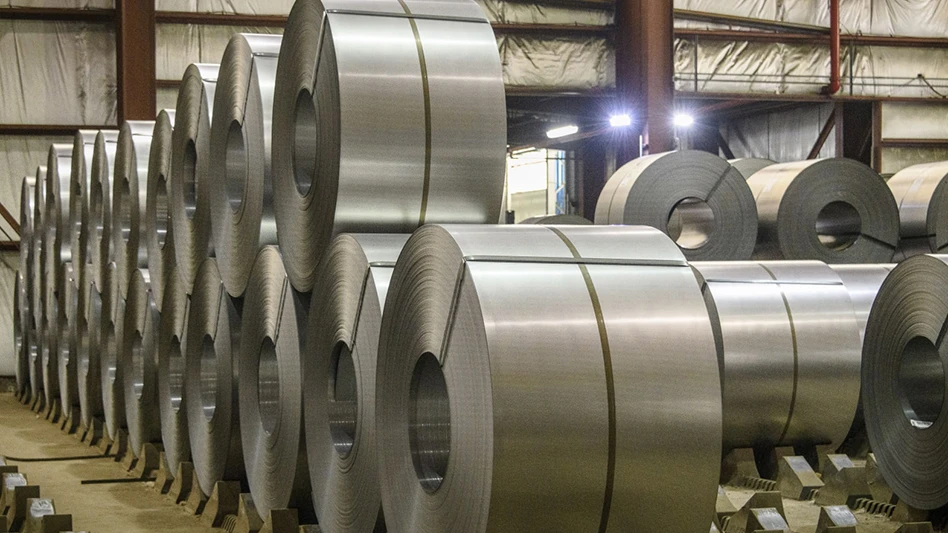
S
everal years ago, the Institute of Scrap Recycling Industries Inc.(ISRI) and other groups embarked on an effort to rinse the word "waste" out of the vocabulary of recyclers, or at least urge that it should not be used when referring to a scrap commodity that has value.Experiences in the last few years have pointed out how important it can be to make sure that those who are not involved in recycling on a daily basis understand the important differences between scrap and waste. The international committee known as the Basel Convention caused a great deal of stress for recyclers in its attempts to halt the trans-oceanic shipment (or dumping) of garbage and hazardous wastes from one nation to another.
Scrap recyclers had to mobilize to point out that secondary commodities are desirable in their countries of destination. True, they may contain some residual waste, but what is being traded is the portion with value as an industrial feedstock.
Whatever advantage recyclers might have enjoyed by having generators think that their obsolete metal is "junk" and their scrap paper is "waste" is almost certainly outweighed by a wider public and regulatory understanding that their companies are not shipping garbage in and out of their facilities.
By no means do all Americans understand the difference between "scrap" and "waste," but the industry itself in North America seems to be largely unified in its use of the words. This has provided a very good platform for using the same language when communicating about scrap recycling to those not involved in the industry on a daily basis.
A check of the rosters of recycling companies in the United Kingdom and other parts of Europe, however, reveals that the word "waste" is still commonly used in company names and marketing materials.
Those involved in the European market are in a much better position to weigh in with whether this is the cause of any current or potential future misperceptions about their industry in that part of the world.
But observers of the American political scene can vouch for the fact that the careful selection of words can make all the difference. As an example, for decades opponents of the inheritance or estate tax had very little luck convincing the American public that this tax on the estates of deceased individuals should be rolled back or eliminated.
Most Americans felt little concern about the "estates" or "inheritances" of perceived multi-millionaire trust fund brats. But then some savvy political operatives began re-naming the tax the death tax, portraying a grisly governmental grab for money from grieving widows and children. In just a few years, this change in wording caused a re-thinking and political movement regarding the former estate/death tax.
Words do matter, and recyclers should be reluctant to label their commodities as waste.

Explore the April 2005 Issue
Check out more from this issue and find your next story to read.
Latest from Recycling Today
- Fitch Ratings sees reasons for steel optimism in 2025
- P+PB adds new board members
- BlueScope, BHP & Rio Tinto select site for electric smelting furnace pilot plant
- Magnomer joins Canada Plastics Pact
- Out of touch with reality
- Electra names new CFO
- WM of Pennsylvania awarded RNG vehicle funding
- Nucor receives West Virginia funding assist





